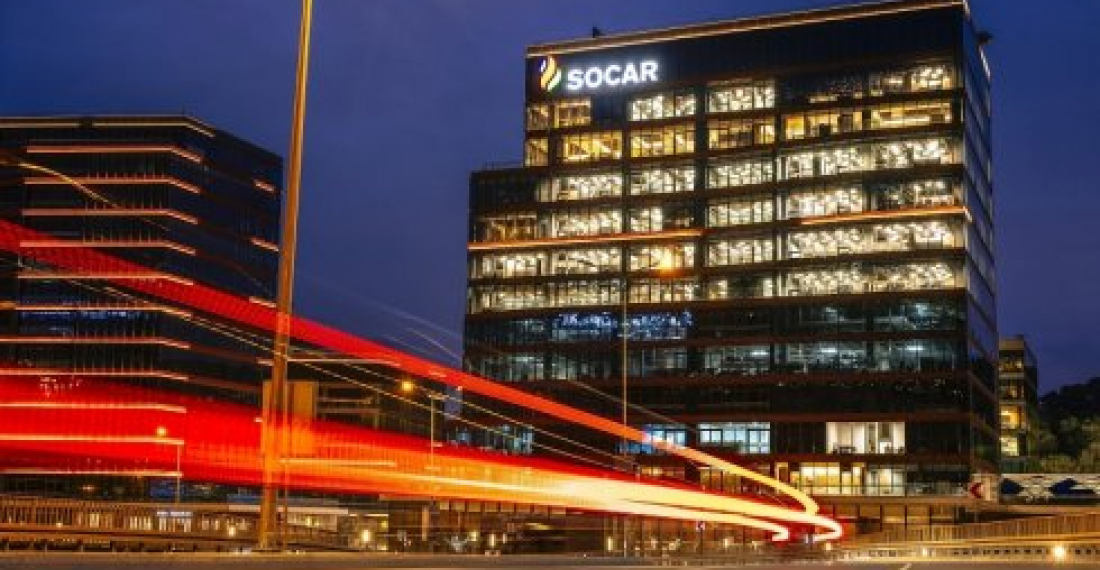The Azerbaijan State Oil Company SOCAR is set to make another major investment in Turkey's energy sector.
In a statement issued on Wednesday (30 January) it announced that it was buying the energy business of Germany's EWE in Turkey, and will thus for the first time participate in the natural gas distribution business in the country.
In the statement, SOCAR's Chairman, Rovnag Abdullayev, stated that the company "has been selling a total of 1.2 billion cubic meters of natural gas to the Turkish market at wholesale since 2013. We have been involved in transporting natural gas coming from Azerbaijan with the TANAP [Trans Anatolian Natural Gas Pipeline] project which commenced last year. Through the acquisition of EWE Turkey, we have taken a strategic and commercially very important step to fulfil all the production-transportation-distribution cycle of natural gas in Turkey,"
"The synergy created by this step will add value to the Turkish and Azerbaijani economies. We will continue to evaluate other opportunities in the market in the coming period," he added.
The acquisition, whose total amount is not announced yet, will be finalised after approvals from the Competition Authority, the Energy Market Regulatory Market and the Information and Communications Technologies Authority.
Earlier, the Turkish gas distributor Palmet was also in talks to acquire the EWE Turkey. Palmet was ready to pay around 150 million euros ($170 million), according to a report by Reuters news agency.
SOCAR has in recent years made miulti billion investments in Turkey's energy sector and has purchased and developed an oil refinary, container terminal and other infrastructure in the country.
related content: Azerbaijan takes ownership of one of Turkey's largest container terminals
SOCAR's Star Refinery in Izmir to become important money-earner for Azerbaijan
source: commonspace.eu with agencies






